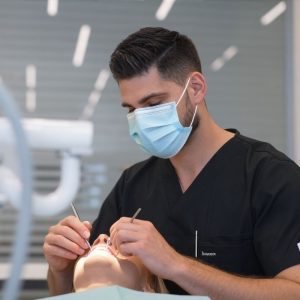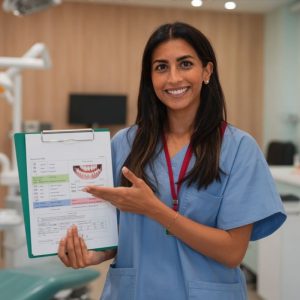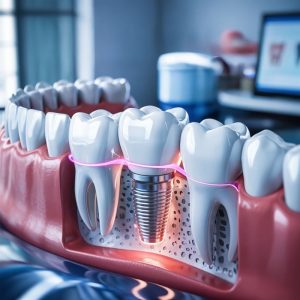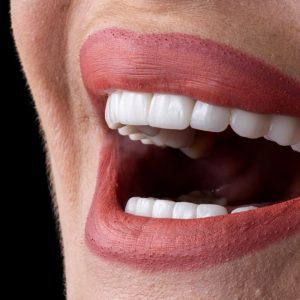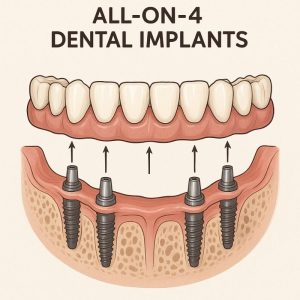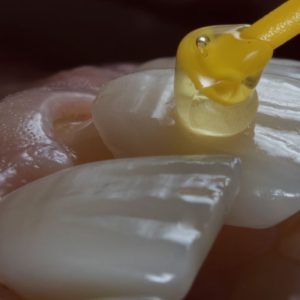The Gold Standard: Two Minutes of Brushing
One of the most fundamental questions in oral health care is “how long should teeth be brushed for” to achieve optimal dental hygiene. This seemingly simple question has a clear, evidence-based answer that can significantly impact your long-term oral health.
The importance of proper brushing duration extends far beyond simply removing food particles. When you understand how long teeth should be brushed for, you’re taking a crucial step toward preventing tooth decay, gum disease, and other oral health complications that can affect your overall well-being and quality of life.
The American Dental Association (ADA) provides clear guidance on how long teeth should be brushed for optimal oral health. According to their evidence-based recommendations, teeth should be brushed for a minimum of two minutes, twice daily, using fluoride toothpaste.
The two-minute recommendation isn’t arbitrary. Research demonstrates that brushing for less than two minutes fails to adequately remove plaque and bacteria from all tooth surfaces.
During the first minute of brushing, you primarily remove loose food particles and surface debris. The second minute is crucial for disrupting established bacterial biofilms and reaching areas that require more thorough cleaning, such as the gum line and spaces between teeth.
Why Two Minutes Matters: The Science Behind Brushing Duration
The scientific rationale for the two-minute brushing recommendation stems from extensive research on plaque removal efficiency and bacterial disruption.
Research published in dental journals demonstrates that plaque removal increases significantly with brushing duration up to two minutes. Beyond this point, additional brushing time provides diminishing returns.
The two-minute duration allows for systematic cleaning of all tooth surfaces. Dental professionals recommend dividing your mouth into quadrants and spending approximately 30 seconds on each section.
Different Dental Professionals and Their Brushing Recommendations
General Dentists: Your Primary Oral Health Advocates
General dentists serve as the foundation of oral health care and are typically the first professionals to educate patients about proper brushing duration.
General dentists understand that brushing duration must be balanced with proper technique. They often observe that patients who focus solely on brushing time without proper technique may not achieve optimal results.
Many general dentists recommend using timers or electric toothbrushes with built-in timers to help patients achieve the recommended brushing duration.
Dental Hygienists: Preventive Care Specialists
Dental hygienists play a crucial role in educating patients about proper oral hygiene practices, including how long teeth should be brushed for optimal results.
Hygienists are particularly skilled at demonstrating proper brushing techniques and helping patients understand the relationship between brushing duration and plaque removal effectiveness.
During professional cleanings, dental hygienists can identify areas where patients may be rushing through their brushing routine.
Periodontists: Gum Disease Specialists
Periodontists are dental specialists who focus specifically on the prevention, diagnosis, and treatment of gum disease.
For patients with gingivitis or periodontitis, periodontists may recommend longer brushing times or more frequent brushing sessions.
These specialists also educate patients about the importance of gentle brushing technique when extending brushing duration.
Pediatric Dentists: Children’s Oral Health Experts
Pediatric dentists specialize in the oral health care of infants, children, and adolescents.
For very young children, pediatric dentists often recommend starting with shorter brushing sessions and gradually increasing duration.
Pediatric dentists emphasize the importance of parental supervision and assistance in ensuring that children brush for the appropriate duration.
Factors That May Influence Brushing Duration
Individual Risk Factors
While the standard recommendation is clear about how long teeth should be brushed for, individual circumstances may warrant modifications to this guideline.
Individuals with dry mouth conditions, whether due to medications or medical conditions, may need to extend their brushing time.
Age-Related Considerations
Brushing duration recommendations may vary across different age groups.
Children and adolescents often require guidance and supervision to ensure they’re brushing for the full recommended duration.
Common Mistakes in Brushing Duration
Rushing Through the Routine
One of the most common mistakes people make is significantly underestimating how long they actually brush their teeth.
The tendency to rush through brushing often stems from busy morning routines or fatigue at bedtime.
Focusing on Time Over Technique
While understanding how long teeth should be brushed for is important, some patients become so focused on duration that they neglect proper technique.
Effective brushing requires the right combination of time, technique, and appropriate pressure.
Tools and Techniques for Optimal Brushing Duration
Electric vs. Manual Toothbrushes
Electric toothbrushes often include built-in timers that help users achieve the recommended brushing duration.
Manual toothbrushes require more conscious effort to achieve proper brushing duration.
Timing Methods and Apps
Various tools can help individuals achieve the recommended brushing duration.
Some dental practices provide patients with specialized timers or recommend specific apps.
The Impact of Proper Brushing Duration on Oral Health
Prevention of Dental Disease
Consistent brushing for the recommended duration significantly reduces the risk of tooth decay and gum disease.
Research demonstrates that individuals who brush for the full recommended duration have significantly lower rates of dental caries and gum disease.
Long-term Benefits
The long-term benefits of proper brushing duration extend beyond just preventing cavities and gum disease.
Understanding how long teeth should be brushed for and consistently implementing this knowledge can help you avoid future dental problems.
Conclusion
The question of how long teeth should be brushed for has a clear, evidence-based answer: two minutes, twice daily, using fluoride toothpaste.
By understanding the science behind this recommendation and implementing proper brushing duration, you’re maintaining optimal oral health.
Remember that knowing how long teeth should be brushed for is just one component of excellent oral hygiene. Combining proper duration with correct technique, appropriate pressure, and regular professional dental care creates a comprehensive approach to oral health.


